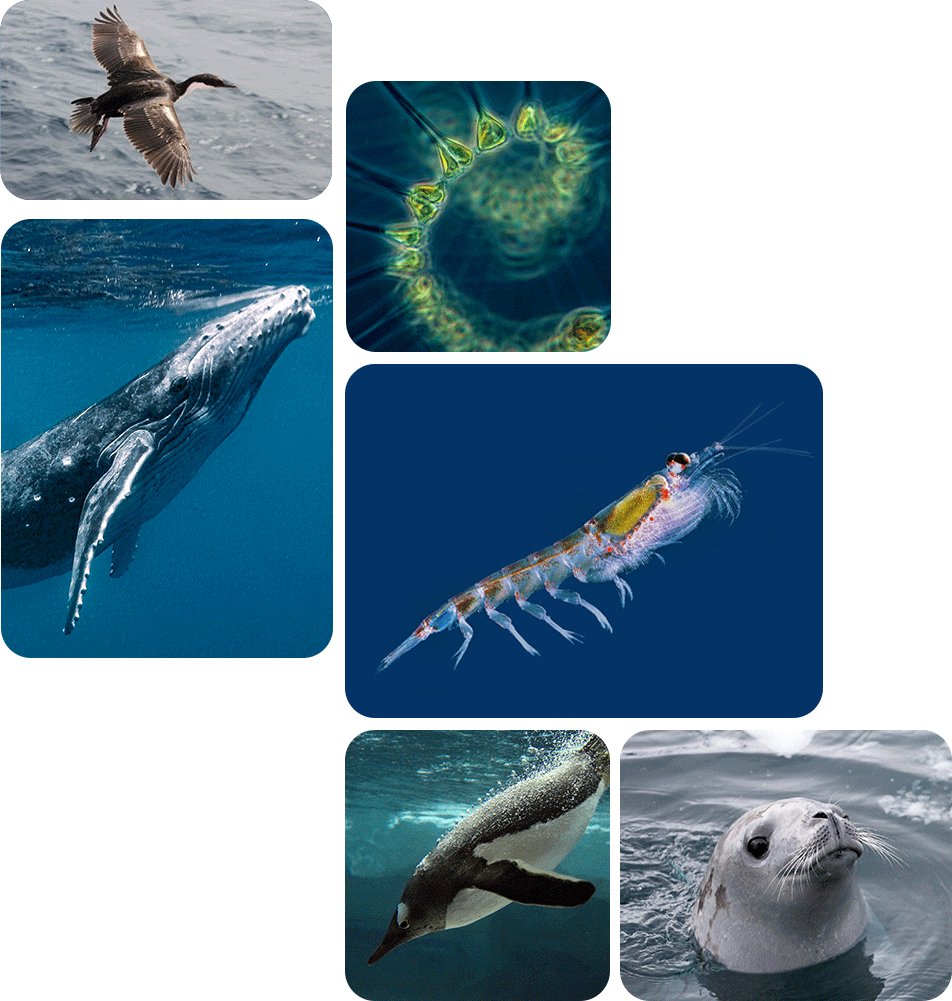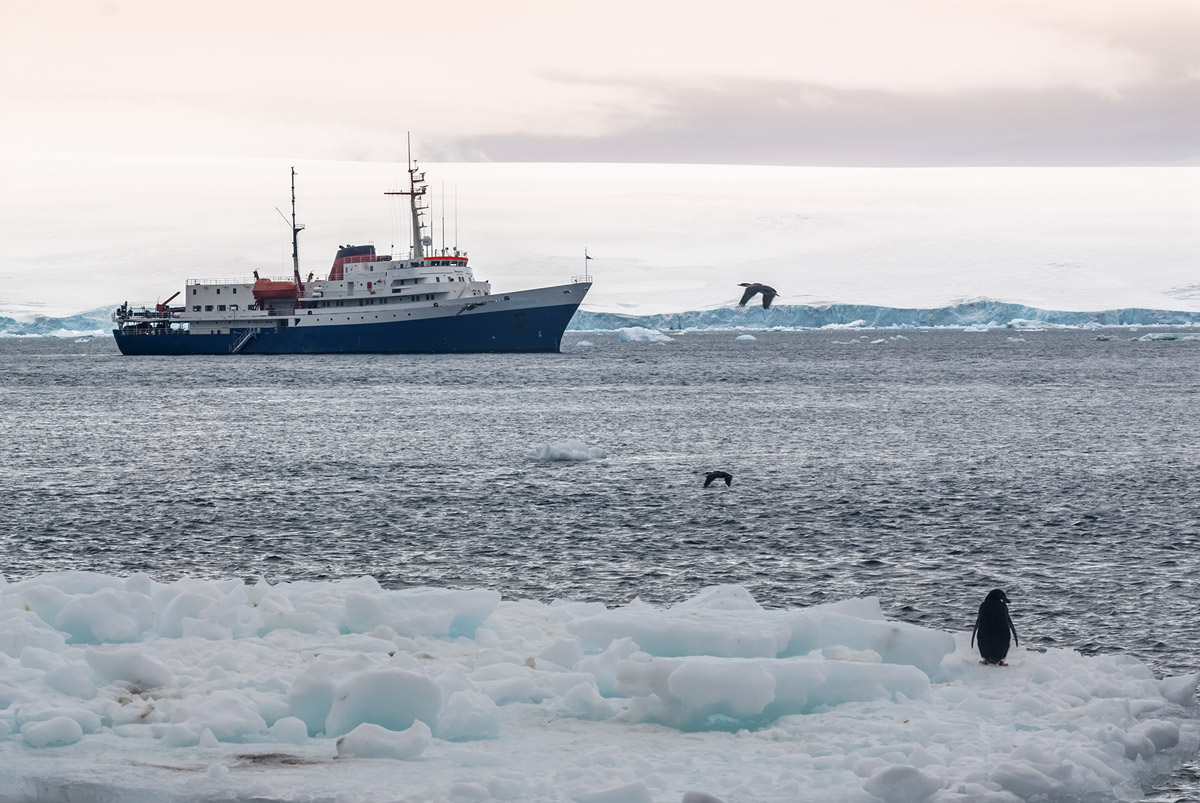About Antarctica
Antarctica —including the surrounding Southern Ocean—covers ten percent of the Earth’s surface and plays a vital role in maintaining the conditions which enable life to flourish.


Antarctic Rights is working to build worldwide support for the adoption and implementation of an Antarctica Declaration. The draft Declaration calls on all nations and international bodies to recognise Antarctica as an independent legal entity with the right to be represented in decision-making that affects it —such as climate change negotiations— and to regenerate and evolve free of human disruption. It is vital that we protect Antarctica, not only to safeguard the species that live within it, but also to maintain the living conditions of humanity and other species throughout the world. Our role as humans is to act with appropriate humility, respect and consideration in relation to Antarctica. The Declaration will give expression to this perspective.
The Antarctic Rights initiative is part of a rapidly growing global Rights of Nature movement transforming how humans relate to Nature. Over 200 laws and policies that recognise Nature’s rights already exist in nearly 40 countries. For example, the Constitution of Ecuador, and laws in Aotearoa / New Zealand recognise that rivers, mountains, and forests are not property to be exploited, but legal subjects which humans have a legal duty to respect and protect.